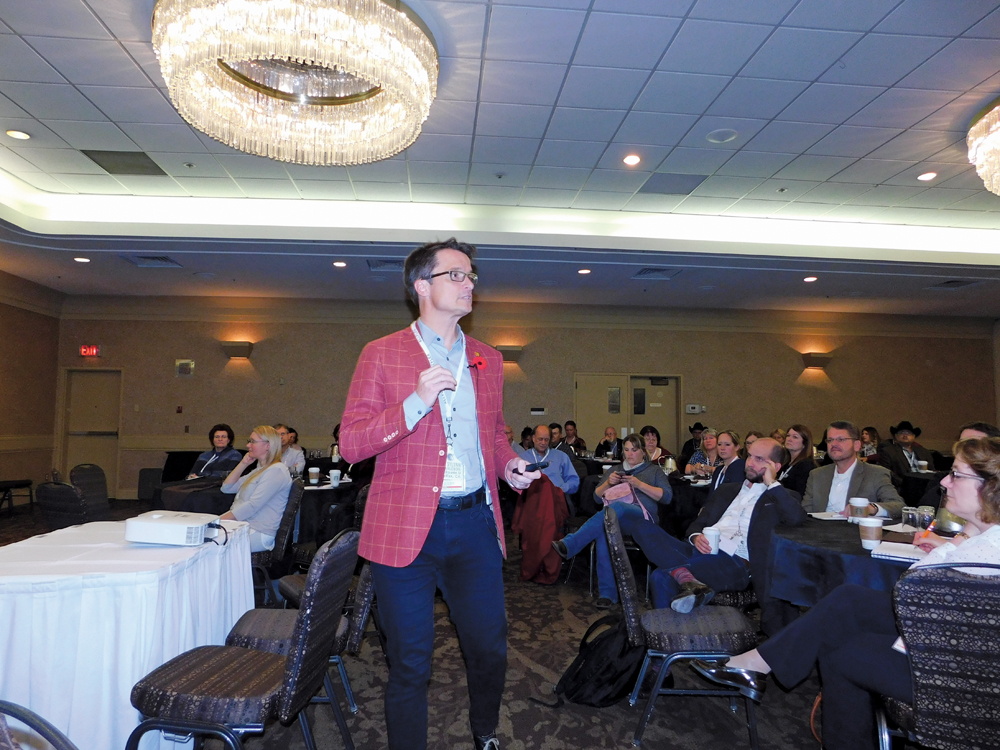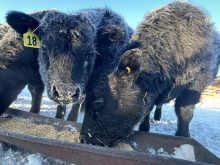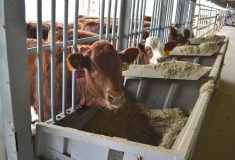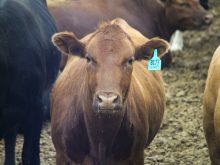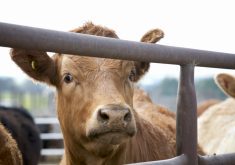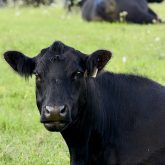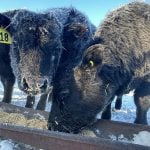One of Canada’s best-known food experts says that while farmers and the ag sector are trying hard to connect with consumers, they’re not pulling it off.
And they’ll need to do better because customer engagement is critical in the new “era of supply chain transparency,” Sylvain Charlebois told the Canadian Cattle Identification Agency’s inaugural Traceability Symposium.
“I meet a lot of producer groups and they do great work — they want to connect with people,” said Charlebois, a professor and the dean of management at Dalhousie University.
Read Also

Irrigators jumping with joy over Alberta snowpack predictions
Alberta irrigated farmers gets good news with snowpack shaping up to be the best the area has seen in a decade to fill the reservoirs for the thirsty crops for the growing season.
“But a lot of what I see are farmers talking to themselves on social media or in groups. They try to connect with consumers, but they are really advocating. They aren’t listening to what consumers are concerned about.”
While enhancing food safety and being able to quickly respond to an emergency were the main reasons for creating traceability programs, they have also opened the door to a closer connection between farmers and consumers, who are increasingly demanding to know how their food is produced. Traceability systems can not only include that information, but also stories about the people who grow and raise food.
“The marketplace is changing and it’s changing fast, and you’re dealing with consumers looking for different stories,” said Charlebois. “If you’re selling locally grown beef or pork but you don’t have the story to back it up, they will move on. That’s what traceability can do.”
Part of that process is listening and responding to what consumers want, he added. And even though consumers often rely on inaccurate or incomplete information they’ve come across on the Internet or through social media, the agri-food industry needs to accept that they now have enormous power, he said. Traceability systems can also be a “conduit” to show consumers how farmers are responding to their concerns.
Food fraud
Traceability can also combat food fraud, which should be a concern for everyone in the food sector, said Charlebois, who sits on advisory boards for the Canadian Food Inspection Agency and the Washington-based Global Food Traceability Center.
“If we don’t deal with food fraud, everything we try to do — value added, organic, fair trade, local — everything we try to achieve as a group to grow the business will be compromised. If we lose the trust of the consumer, how can we grow the business?”
Charlebois pointed to a recent case of conventionally raised poultry being labelled organic.
“There are going to be more cases (like this),” said Charlebois. “Thank goodness, because we need to check into this and it’s a big problem.
“The challenge we have is that most people aren’t talking about food fraud. We need to talk about food fraud, because that’s how you make sure that the entire food chain has a high level of integrity.”
It’s an issue that’s just beginning to move into the public arena. A recent poll found only 26 per cent of Canadians were concerned about food fraud, yet twice that number said they were pretty sure that they had bought food that was falsely labelled.
“That’s a bit of a paradox — Canadians are not concerned, but they know there’s a problem.”
However, that will change as consumers become more knowledgeable about food production, he added. Last year, Charlebois did research in Austria using a portable device that consumers can use to trace the history and origin of their food. The device is still too expensive for mainstream use, but the technology is coming.
“What will happen the day we all have access to that technology?” asked Charlebois. “The marketplace will have to discipline itself. It will be forced upon them. If you know that the police is actually the consumer — all of them — then at some point, the fraudulent companies will disappear. They have to. This is what’s coming.”
The agri-food industry needs to align with consumers on this issue, he added.
“There are good companies and there are bad companies — we want to take care of our bad companies,” he said. “You need to address the problem and if they can’t comply, they need to get out as soon as possible. The more focus we put on accountability, the better off we will be. I don’t think we can do that without a proper traceability system that connects the consumer.”


